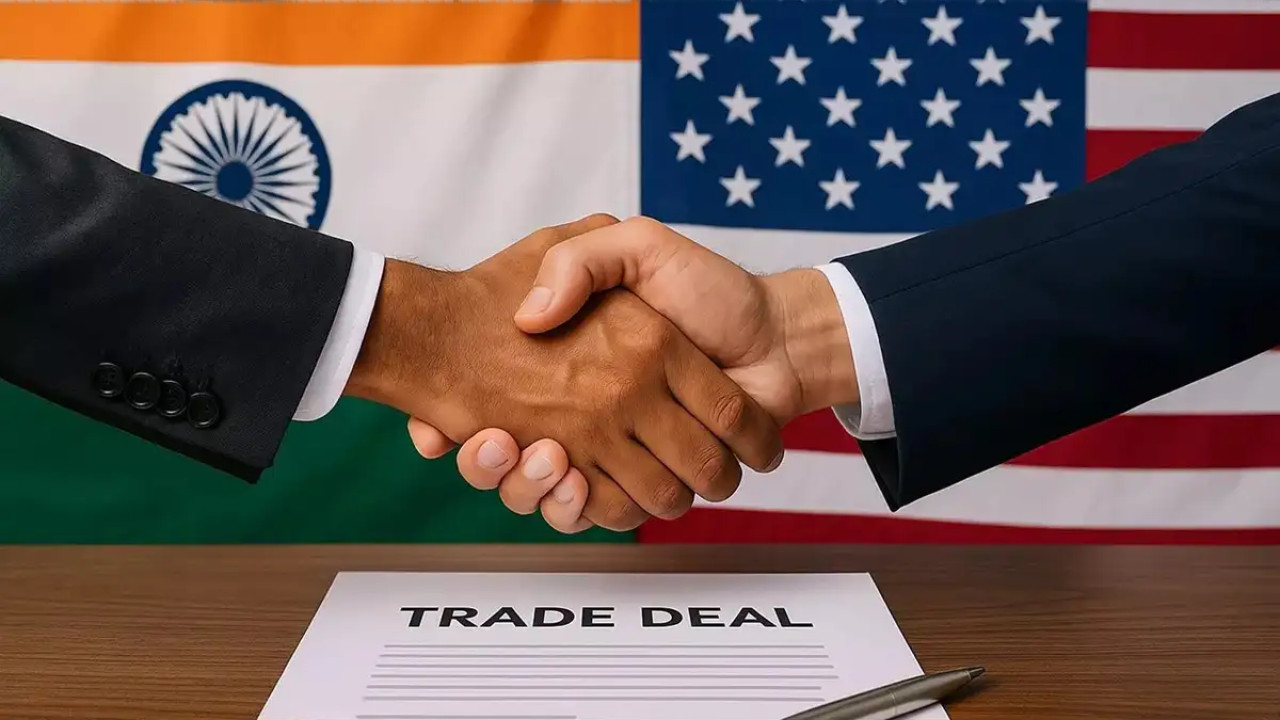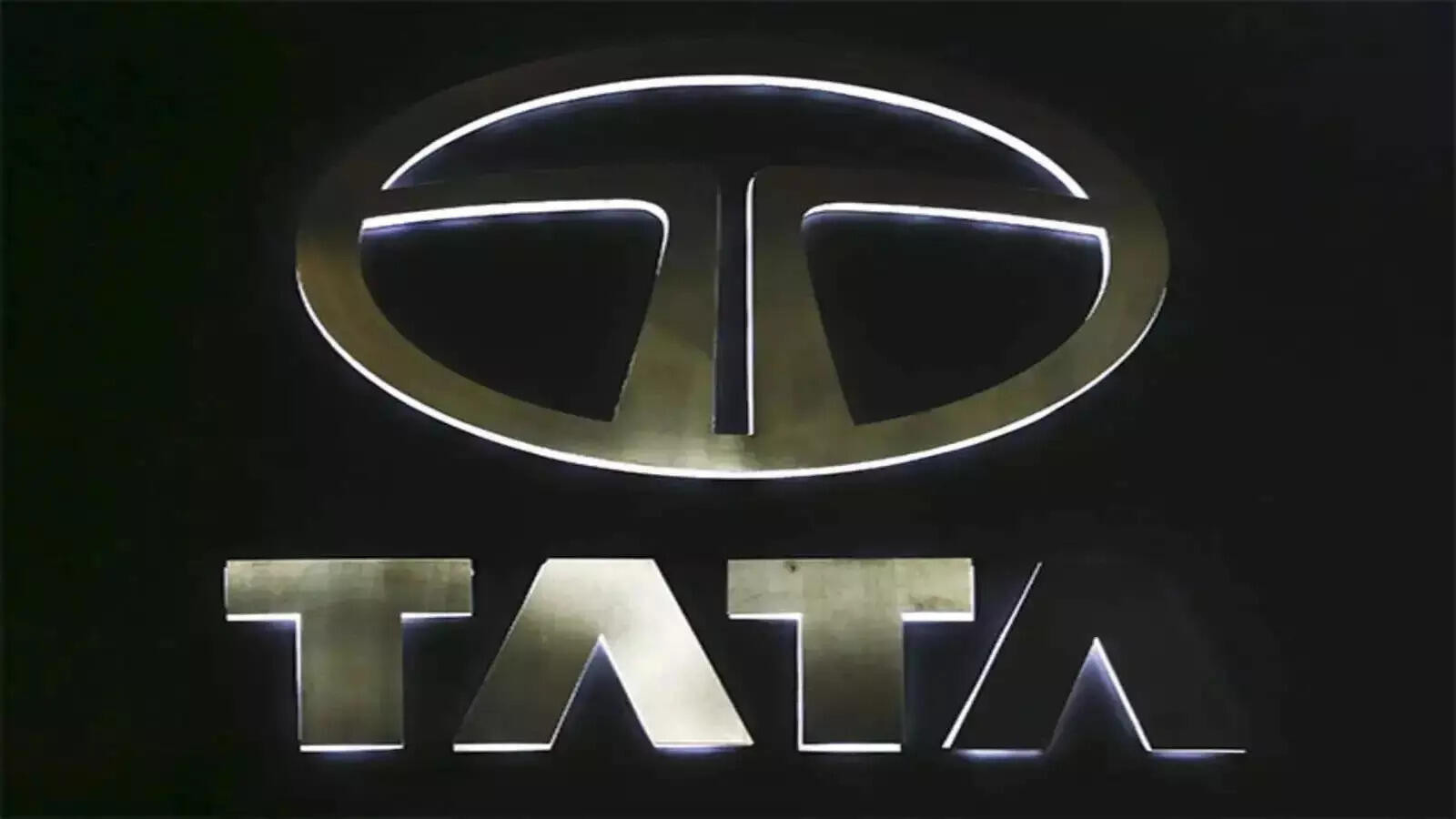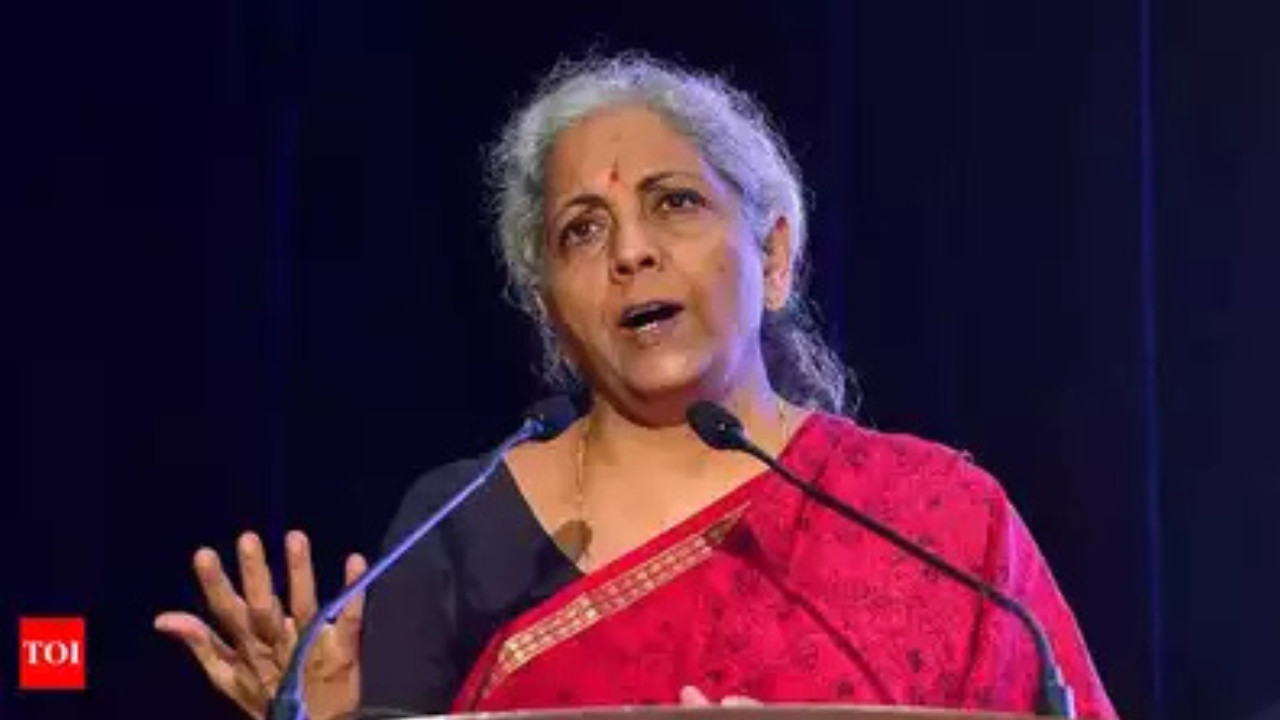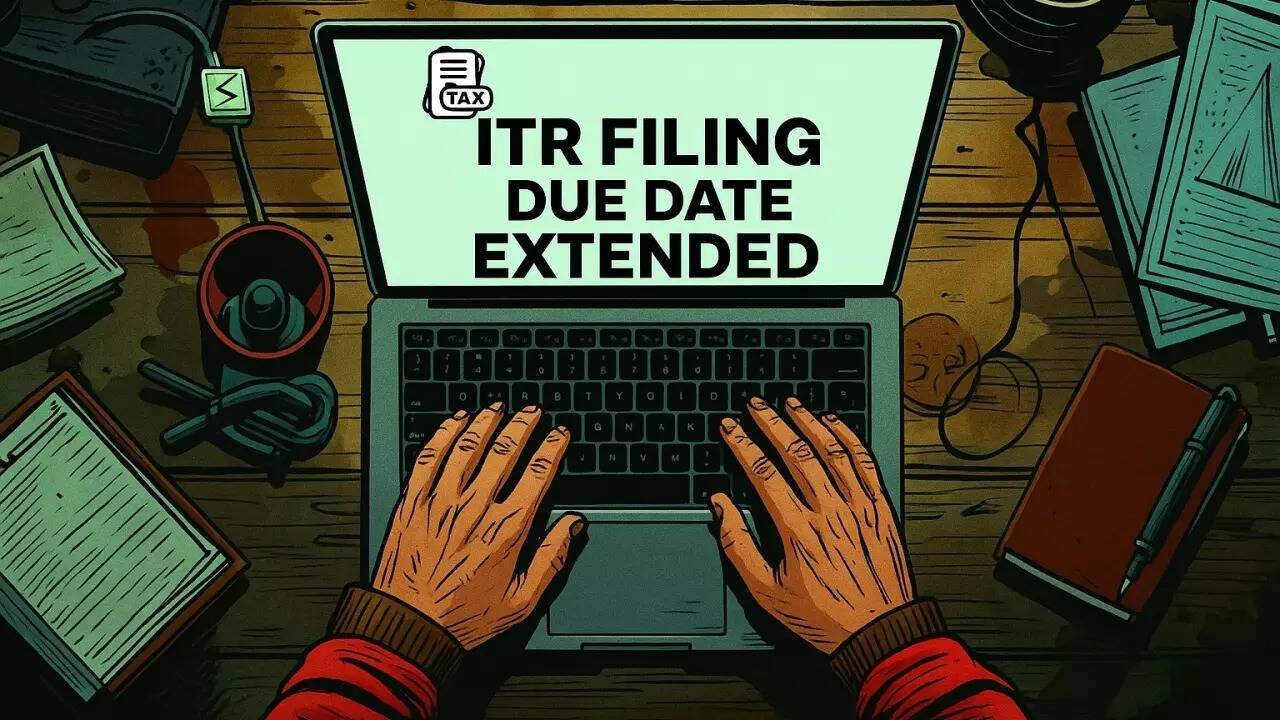Prime Minister Narendra Modi is set to visit London on July 24 to sign a free trade agreement with the United Kingdom, accompanied by Commerce Minister Piyush Goyal. The FTA, finalized on May 6, aims to boost bilateral trade to $120 billion by 2030 by eliminating duties on key exports and reducing import tariffs.
A New Chapter for India-UK Trade: Is a Landmark Deal on the Horizon?
The air crackles with anticipation. Could July 24th mark a watershed moment for Indo-British relations? Whispers from Delhi and London suggest just that: Prime Minister Modi is potentially heading to the UK to ink a historic free trade agreement (FTA). Alongside him, Commerce Minister Piyush Goyal is expected to play a key role in finalizing what promises to be a transformative pact.
But what makes this potential India-UK trade deal so compelling? For years, businesses on both sides have dreamt of a smoother, more seamless flow of goods, services, and investment. Imagine tariffs slashed, bureaucratic hurdles removed, and a level playing field established for entrepreneurs eager to tap into new markets. This FTA aims to deliver precisely that.

The implications are vast. Indian businesses, particularly in sectors like textiles, agriculture, and pharmaceuticals, could gain preferential access to the UK market. This could translate into increased exports, higher revenues, and a significant boost to job creation. Conversely, British companies specializing in areas such as technology, finance, and renewable energy could find it easier to establish a foothold in India’s burgeoning economy.
Beyond the immediate economic benefits, this India-UK trade deal signifies a deepening of strategic ties between the two nations. It sends a powerful signal that India and the UK are committed to working together to foster growth, innovation, and prosperity in a rapidly changing world. It’s a partnership built on shared values and a mutual recognition of the immense potential that exists when two dynamic economies collaborate.
Of course, navigating the complexities of such a far-reaching agreement is never easy. Negotiations have been ongoing for quite some time, with both sides carefully weighing their priorities and making necessary compromises. Key sticking points, such as intellectual property rights, data localization, and tariffs on specific goods, have required delicate negotiations to reach mutually agreeable solutions.
While details of the final agreement remain under wraps, speculation is rife about the specific provisions it will contain. Will there be significant tariff reductions on automobiles? Will the UK offer greater access to Indian professionals seeking to work in the country? Will there be specific clauses to promote sustainable development and environmental protection? These are just some of the questions that businesses and policymakers are eagerly awaiting answers to.
The potential India-UK trade agreement comes at a crucial time. Global trade patterns are shifting, and countries are increasingly looking to forge closer partnerships with like-minded nations. By strengthening its economic ties with the UK, India is positioning itself as a key player in the global arena. Simultaneously, the UK, seeking to redefine its role in the post-Brexit world, sees India as a vital partner for future growth.
For small and medium-sized enterprises (SMEs) in both countries, this FTA could be a game-changer. Lower trade barriers and streamlined regulations will make it easier for these businesses to expand their operations across borders, access new markets, and compete on a more level playing field with larger corporations. Imagine a small textile manufacturer in Ludhiana being able to easily export its products to London, or a tech startup in Bristol securing contracts with Indian companies.
However, businesses need to be prepared to take full advantage of the opportunities that this India-UK trade deal will create. This means investing in training, upgrading technology, and developing new marketing strategies to reach potential customers in the other country. Governments, too, have a role to play in providing support and resources to help businesses navigate the complexities of international trade.
This potential agreement builds on existing collaborations. Consider initiatives like the UK-India Tech Partnership, which aims to foster innovation and entrepreneurship in areas such as artificial intelligence, fintech, and clean energy. These partnerships provide a solid foundation for even closer economic cooperation in the years to come. Be sure to explore our other articles on similar trade agreements to understand the broader global context.
The proposed July 24th signing could unlock a new era of collaboration. While challenges undoubtedly remain, the potential benefits of a comprehensive India-UK trade deal are undeniable. This agreement will not only boost trade and investment but also strengthen the bonds of friendship and cooperation between two nations with a shared history and a shared vision for the future. Only time will tell the true impact this deal will have.







